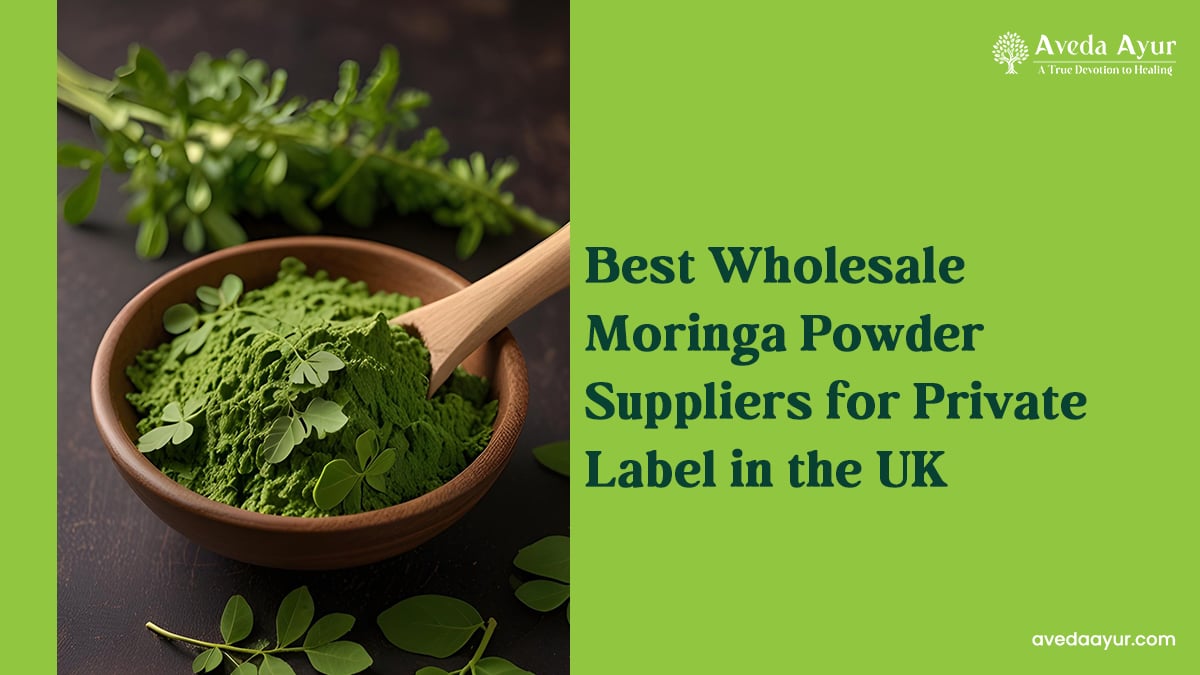WHAT IS VITAMIN K?
Vitamin K, a fat-soluble vitamin is also known as phytonadione. This vitamin is required for performing various necessary functions in the body, especially for blood clotting, regulating calcium levels, and metabolism of bones.
Vitamin K was first discovered in the year 1929 by a Danish scientist named as Henrik Dam and was immediately associated with coagulation of blood. In the word vitamin “K”, the “K” is derived from the German word koagulation.
HOW VITAMIN K BENEFITS THE BODY?
Various benefits of vitamin K in our body are:
- Bone health
Not only calcium and vitamin D are beneficial for bone health but vitamin K is also an essential nutrient for enhancing bone health. It takes part in the carboxylation of various bone-related proteins, regulating genetic transcription of osteoblastic markers and regulating bone reabsorption.
- Heart health
The risk of cardiovascular diseases increase to a great extent with the calcification of the blood vessels but the higher blood levels of K1 are formed of vitamin K. It may assist in minimizing the risk of heart diseases to a great extent.
- Cognitive health
Sufficient levels of vitamin K are profitable in improving episodic memory in older adults. Several studies have shown that the individual of more than 70 years of age who have healthy levels of vitamin K1 possess the highest verbal episodic memory performance.
- Blood clotting
We have often heard that platelets and blood cells are involved in the blood clotting but vitamin K is also crucial for clotting of blood and stopping excessive bleeding. Vitamin K plays a significant role in the production of pro-blood clotting proteins called as factors II (prothrombin), VII, IX, and X and anti-blood clotting proteins termed as proteins C, S and Z.
- Controlling high blood pressure
Consuming an adequate amount of vitamin K is helpful in uplifting the heart health as it can prevent the more than required increase in the blood pressure. Less than normal values of vitamin K is directly associated with the increase in diastolic and systolic blood pressure.
WHAT ARE THE FOOD SOURCES OF VITAMIN K?
The richest and natural sources of vitamin K are:
- Legumes like soybeans
- Vegetables such as broccoli, asparagus, brussel sprouts, kale, swiss chard, turnip greens, romaine lettuce, mustard greens, collards and spinach
- Strawberries
- Cheese
- Eggs
- Meat like liver
WHY VITAMIN K IS IMPORTANT?
Lower than normal levels of vitamin K can induce the risk of uncontrolled or excessive bleeding. While the deficiencies of vitamin K are rare in adults, they are more commonly found in new born infants. You may be at higher risk of vitamin K deficiency if you are:
- Suffering from a disease that reduces the absorption of vitamin K in the digestive tract. For example, Crohn’s disease or active celiac disease
- Using medications that interfere with vitamin K absorption
- Severely malnourished
- Drink alcohol heavily
HOW MUCH QUANTITY OF VITAMIN K IS REQUIRED EVERY DAY?
To reduce the risk of deficiency and diseases complicated with vitamin K deficiency, one should consume this vitamin in sufficient quantities. The required dose of vitamin K varies from person to person on the basis of age. You can know about your recommended daily dose of vitamin K by studying the following table:
| Age group | Recommended daily dose of vitamin K |
| Children 0 to 6 months | 2 micrograms |
| Children 7 to 12 months | 2.5 micrograms |
| Children 1 to 3 years | 30 micrograms |
| Children 4 to 8 years | 55 micrograms |
| Children 9 to 13 years | 60 micrograms |
| Girls 14 to 18 years | 75 micrograms |
| Women 19 and more years | 90 micrograms |
| Women, pregnant or breastfeeding | 90 micrograms |
| Boys 14 to 18 years | 75 micrograms |
| Men 19 and more years | 120 micrograms |
CONCLUSION
To live and enjoy a healthy life, you should take all vitamins in required proportions. Vitamins are crucial for growth and development of the whole body. You can consume the above mentioned food sources for fulfilling the requirements of vitamin K without using supplements. All the food items mentioned above are rich sources of vitamin K.










